TensorFlow is an open-source machine learning library developed by Google Brain team. It is one of the most popular frameworks for building and training machine learning and deep learning models. TensorFlow provides a comprehensive ecosystem of tools, libraries, and community resources to facilitate the development and deployment of various types of machine learning models.
Key features of TensorFlow include:
- Flexible architecture: TensorFlow offers a flexible architecture that allows developers to build and deploy machine learning models across a variety of platforms, including CPUs, GPUs, TPUs (Tensor Processing Units), and even mobile and embedded devices.
- High-level APIs: TensorFlow provides high-level APIs like Keras, which make it easy to build and train neural networks with minimal code. Keras is now tightly integrated into TensorFlow, providing a user-friendly interface for building and training deep learning models.
- Scalability: TensorFlow is designed to scale from individual machines to large distributed systems, making it suitable for training models on large datasets or deploying models in production environments.
- Visualization tools: TensorFlow includes built-in tools for visualizing model graphs, training progress, and other metrics, which can help developers understand and debug their models more effectively.
- Support for research and production: TensorFlow supports both research and production use cases, with features like TensorFlow Extended (TFX) for building end-to-end machine learning pipelines and TensorFlow Serving for deploying models in production environments.
To check the version of TensorFlow you can run the following code:
import tensorflow as tf
print(tf.__version__)

